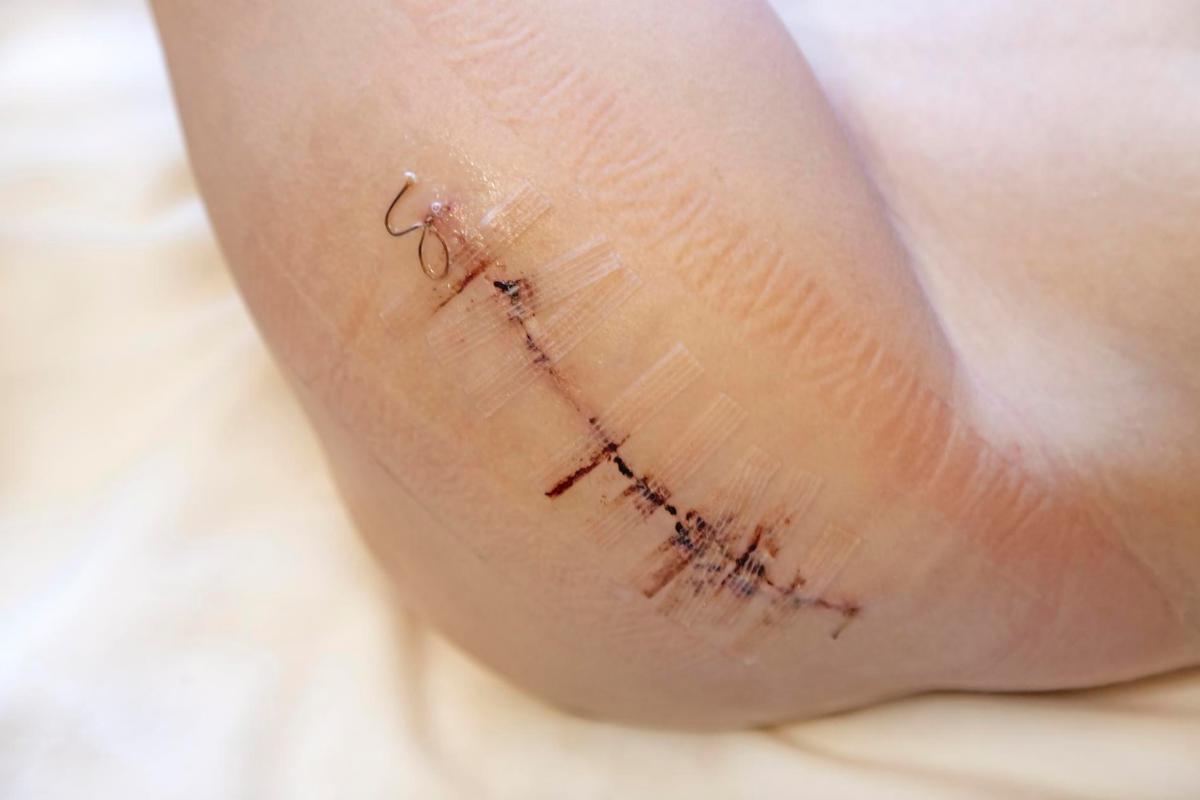
Surgery may seem the most essential and challenging part of any treatment plan, but it is not the only step that carries specific risks and strict requirements. Recovery following orthopedic surgery typically demands many processes and actions that will determine your long-term mobility and health. This is undoubtedly the case with total hip replacement procedures. These surgeries are quite common, with more than 300,000 operations in the US annually. Their safety has evolved progressively since their first introduction in the 1960s. However, the ultimate success of the procedure depends on the success of the recovery process involved.
Our orthopedic surgeon in Deland uses the best equipment and methods available to promote total hip replacement success and will guide you through every recovery process step. However, you must independently manage parts of your recovery to ensure a healthy and smooth rehabilitation. Follow these tips for optimal recovery after total hip replacement surgery.
Stay fit
Before you have hip replacement surgery, get in the habit of regular exercise. Luckily, there are many options for staying fit, like joining a gym, walking, cycling, water aerobics, Zumba, etc. You should start a regular exercise routine with permission from your doctor before surgery and continue the healthy habit during and after recovery to the extent that your physician allows. For example, you can typically begin walking within a day of surgery and resume your regular routine within 90 days. Once your doctor allows you to restart light activity, it is crucial to incorporate exercise into your routine. Recommended activity includes gradually increased walking and light household chores, including climbing stairs, standing, and sitting. Movement is critical to optimal recovery.
Focus on your weight and diet
Extra weight can apply stress to your prosthetic hip and increase the risk of complications and wear. Maintaining a healthy body weight before and after surgery will improve your recovery process and extend the life expectancy of your new hip. Maintaining your weight is manageable through a healthy balanced diet, which also helps the internal healing process. Providing your body with essential vitamins and nutrients promotes healing, helps maintain your weight, and boosts overall health and wellbeing.
Promote blood flow
You should do specific exercises to promote healthy blood flow, including regularly squeezing your calf and thigh, leg motion exercises that utilize a full range of motion, and walking without support devices. These exercises will promote blood flow and encourage optimal recovery from your procedure.
Prepare your home
You will have reduced mobility and ability to manage routine daily tasks following your surgery. So adjust your home before the procedure to make recovery more manageable by clearing a path for easy walking, keeping your bed on the entry floor, making sure you have a phone nearby, and ensuring you have plenty of essentials on hand. You should also make plans with friends and family to help you with tasks like running errands, bathing, and cooking until you can manage them independently.